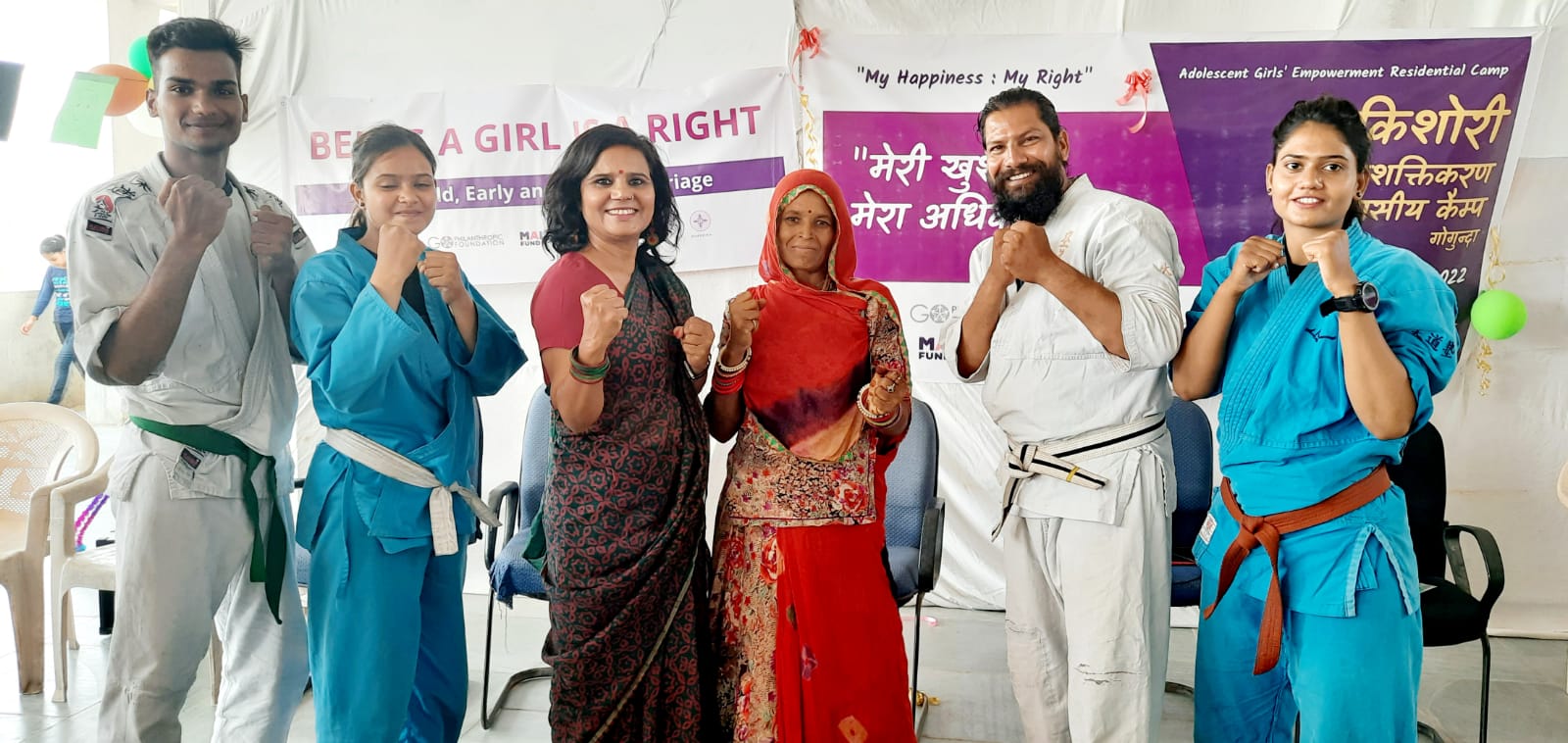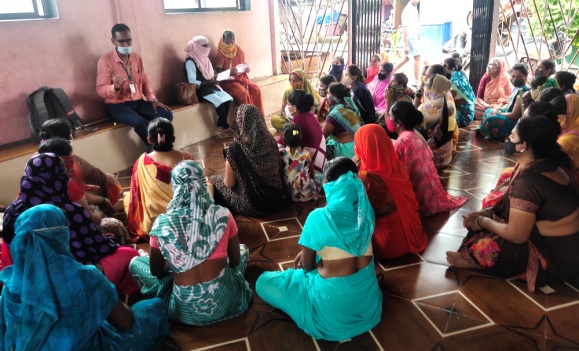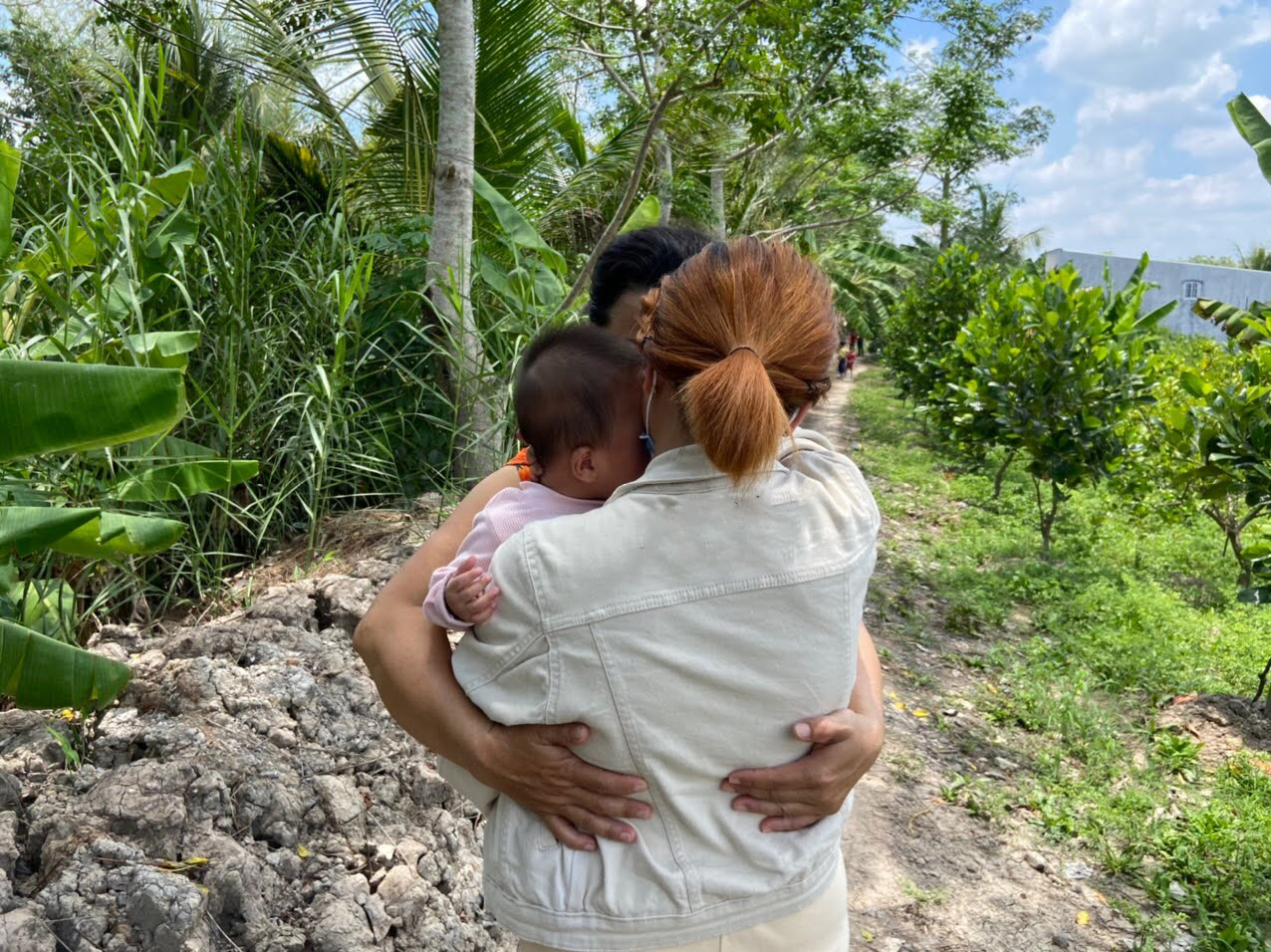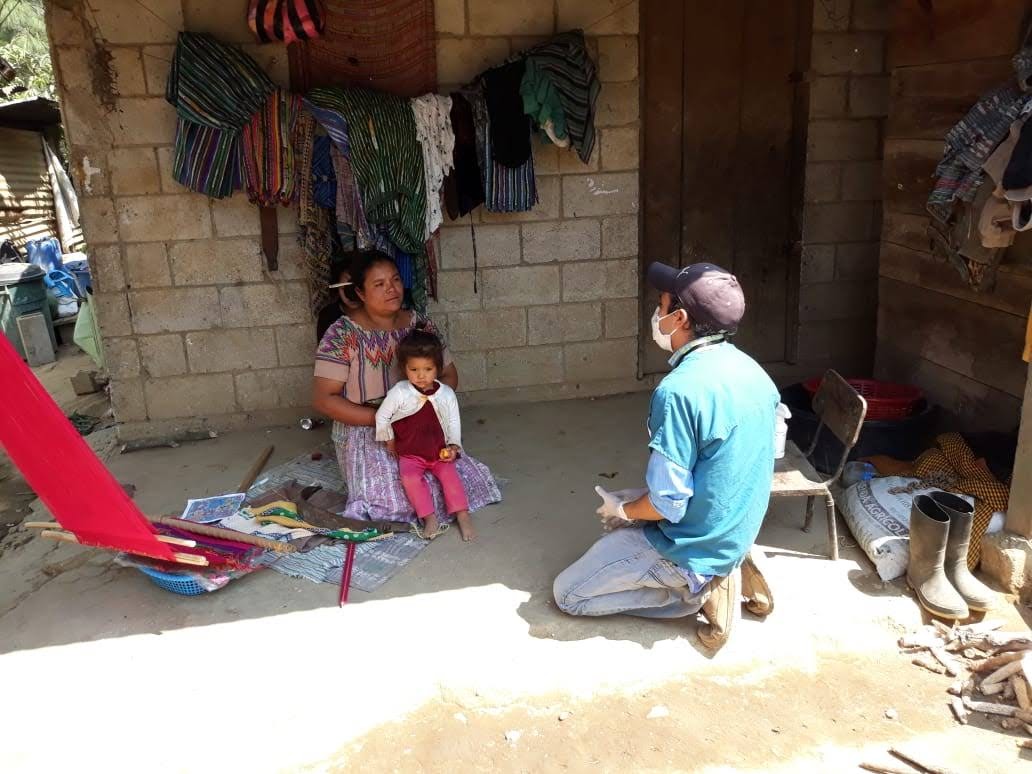
In our recent blog posts, we have been taking an indepth look at GoPhil’s key sectors and discussing their importance to our community, their impact on global equity, and how our partners’ work address the many challenges and gaps that their communities face. Our previous blog posts covered education and health care. For our third installment, we will be focusing on our third key sector: Human Rights.
GoPhil works to provide a platform and voice to individuals and organizations championing human rights and justice around the world as we believe advancing the rights of marginalized communities is imperative to achieving global equity. Human rights are the basic rights and freedoms that belong to every person in the world, from birth until death.
Human rights include but are not limited to:
- the right to life and liberty
- freedom from slavery and torture
- freedom of opinion and expression
- the right to work and education
According to the UN, “recognition of the inherent dignity and of the equal and inalienable rights of all members of the human family is the foundation of freedom, justice, and peace in the world.” We completely agree with the UN’s sentiment and wish to see this belief adopted in all communities and for all individuals. However, ensuring that everyone has access to human rights is not as straightforward as we would like. We have learned through personal experiences that cultural norms and practices of communities make identifying human rights injustices nuanced and challenging.
For those reasons, we feel it is important to support community based organizations and grassroots efforts, led by individuals who are from the community they serve. As a community, GoPhil believes our place is to listen to activists and changemakers to learn more about the work they are doing in their communities and how we can best support them.
In this blog post, we will highlight the partners who are fighting for rights and causes in their communities so you have an opportunity to learn more about their inspiring work.
INDIA
In India there is widespread poverty, child labor, and child exploitation. In fact, India is home to the largest number of child laborers in the world, is in the top 10 countries for human trafficking, and has a legal system where victims of exploitation rarely see justice. Addressing and working to end child labor, child marriage, human trafficking, and other forms of exploitation involves extensive rescue work, advocacy efforts, rehabilitation, and awareness programs, as well as access to free and affordable education. Lack lack of gender equity and prevalent gender discrimination is also a major challenge. Giving girls and women opportunities to learn as well as teaching boys to be allies for gender equality is imperative.
Our partners in India provide safe spaces and opportunities for their community members to access education, health care, and legal resources. To learn more about our Indian human rights partners, you can visit their pages:

NEPAL
In Nepal, the challenges are very similar to India with many cases of gender discrimination and child exploitation throughout the region. Although child labour is declining almost at the rate of 100,000 every year, as of 2021, Nepal still accounts for 1.1 million children between (5-17 years) in child labor. Of these, 222,493 are estimated to be engaged in hazardous work (Nepal Child Labour Report 2021).
Our partner, Child Rescue Nepal, engages in widespread advocacy, prevention work, rescue and rehabilitation, and prosecution of traffickers to bring an end to forced child labor in Nepal. Their team works closely with the local government, police, and schools everyday to make sure that all Nepal children are able to have a childhood in a safe and secure environment.
CAMBODIA
In Cambodia, rates of poverty are very high and the country is very reliant on foreign aid, especially for rural and financially disadvantaged youth. Siem Reap is one of the poorest provinces in the country despite it being the center for tourism, with many families living in poverty and reliant on subsistence farming. As a result, sex trafficking, child marriage, and exploitation are prevalent issues in the region.
Our partner, Free to Shine, works to protect the rights of at-risk girls with education support, counseling, access to a social worker, and conducts awareness campaigns in communities to prevent human trafficking. They also help families gain access to safe drinking water, sustainable food sources, counseling, and adequate shelter.
VIETNAM
In Vietnam, there are still geographic, language, financial, and gender barriers impacting an individual’s ability to access resources such as education, health, and other services. Human trafficking, and child labor and exploitation are pervasive issues. Interventions to address and end trafficking and child labor and exploitation are through extensive rescue work, rehabilitation, and awareness programs, while providing access to free and affordable education.
Our partner, Blue Dragon, is located in Hanoi and was initially formed to support vulnerable urban children and youth. They later expanded into a massive effort to combat trafficking, exploitation, lack of education access, and a lack of vocational programming in their community. The Blue Dragon rescue team and legal team work closely with police and government officials to ensure that those who are exploited (especially individuals who have been trafficked and children) have advocacy support and receive legal representation, counseling, and rehabilitation.

KENYA
In Kenya, women and girls face many barriers and challenges due to gender discrimination and cultural practices. Although it has been banned for over a decade, female genital mutilation (FGM) is still widely practiced in rural and tribal communities, like the Masaai. Additionally, child marriage through trading young girls in exchange for livestock is also a regular practice. Since wives are often much younger than their husbands in the Masaai community, they are often left widowed. In this culture, women do not have a right to own (or inherit) any property, and teenage widows with children are often left with no home or means to survive. They are typically uneducated and unable to find work, leading to further poverty for themselves and their families.
Advocating for women’s rights is a crucial component of achieving equity in Kenya, so that women and young girls are able to attend school safely without fear of being physically harmed or sold, and are able to become financially independent.
Our partner, Maji Moto Enkiteng Lepa School, holistically addresses the challenges Masaai women face by providing a rescue center to protect girls from FGM, schooling for children and adults with night classes to fit the schedules of children who take care of their families’ livestock, support for continuing education, and a widow’s village for women to live and support each other.
GUATEMALA
In many rural Guatemalan communities, there are currently many challenges in accessing services like education and healthcare due to poor infrastructure, lack of services, and individuals with limited financial means. EntreMundos employs a “bottom-up” approach to rural development based on the needs, expectations, ideas, and initiatives of local populations in Guatemala. With a contact database of more than 900 registered NGOs, EntreMundos is well-known nationally, and has become a leader and reference point for NGOs and community groups throughout the country. In their model, the communities, local activists and grassroots participants are actively involved in the decision-making about local development. With the funds they receive, they provide small grants to community initiatives focused on health and hygiene, education, human rights of indigenous populations, community development, and many others.

MEXICO
In Mexico, our newest partners are based in Oaxaca, one of the most economically disadvantaged regions in the country. Canica de Oaxaca and Una Mano Para Oaxaca are two organizations doing crucial work to support the safety and development of their communities. Canica De Oaxaca works to prevent children from living and working on the streets through their comprehensive family and child care programs while una Mano Para Oaxaca provides resources to the indigenous Zapotec communities to encourage cultural preservation and economic empowerment. We look forward to adding more detailed information about our Mexico partners on our site soon!
As we highlighted in the education and health care key sector posts, our partners are not exclusively focused on one key sector, but often have initiatives and projects that support all three core GoPhil sectors. The partners highlighted in this blog post are those that have human rights as a core tenant of their work.
Since COVID, many of our partners focused on education and health care have had to work with the government more closely to ensure that their communities and team members are receiving support to continue their work and ensure their safety and well being. This included some of our partners having to contact and join meetings with government officials, coordinate with other local NGOs and organizations for support, and even work on petitions.
We hope that through our partners’ work, more and more individuals will be afforded their rights and opportunities to pursue their passions. We welcome you to join us and our partners in our effort to advance human rights!